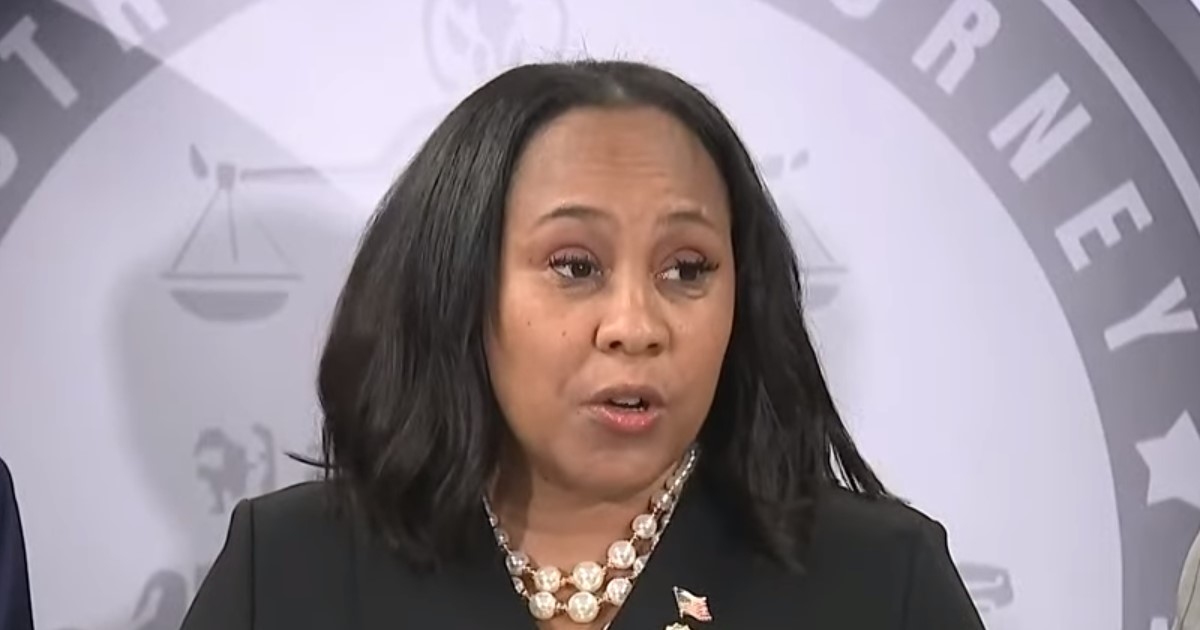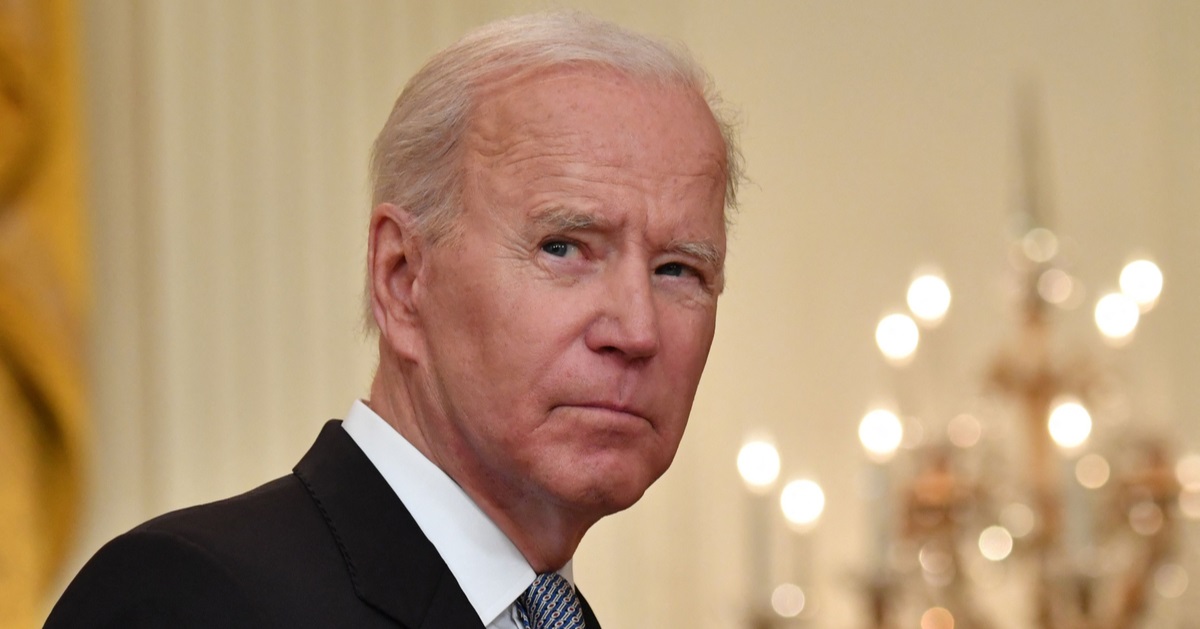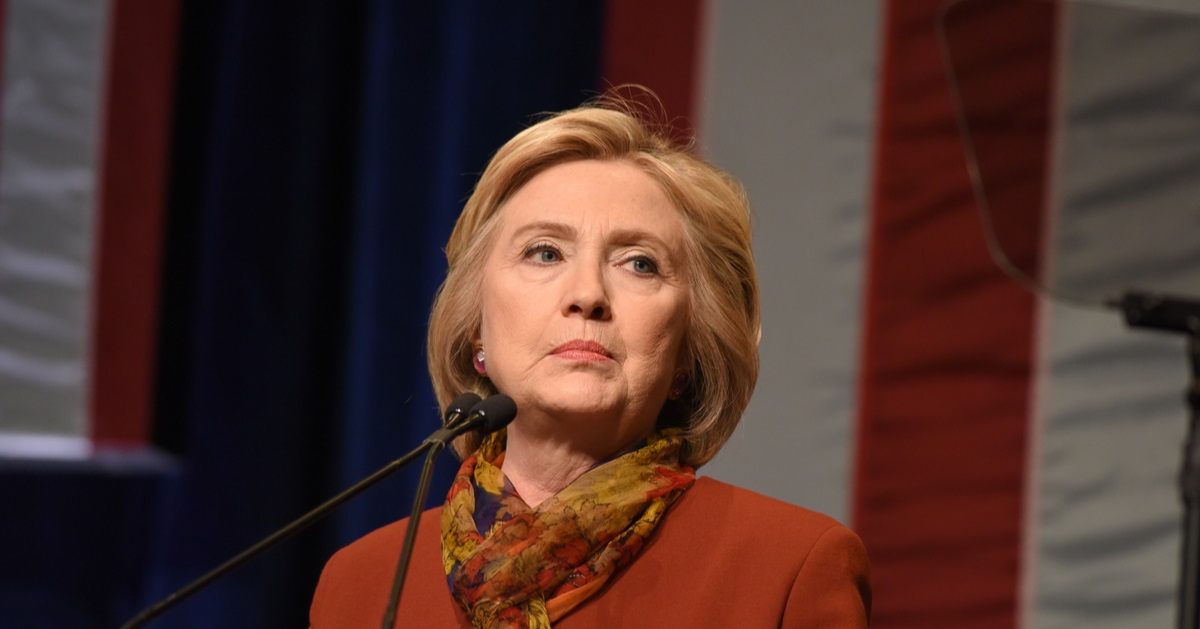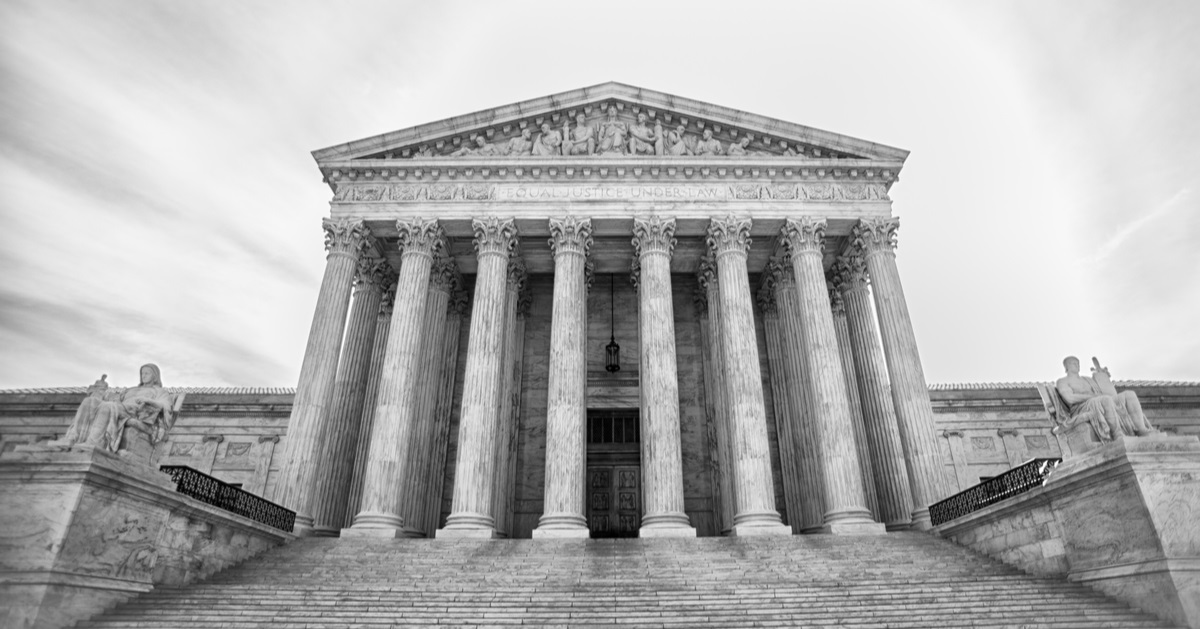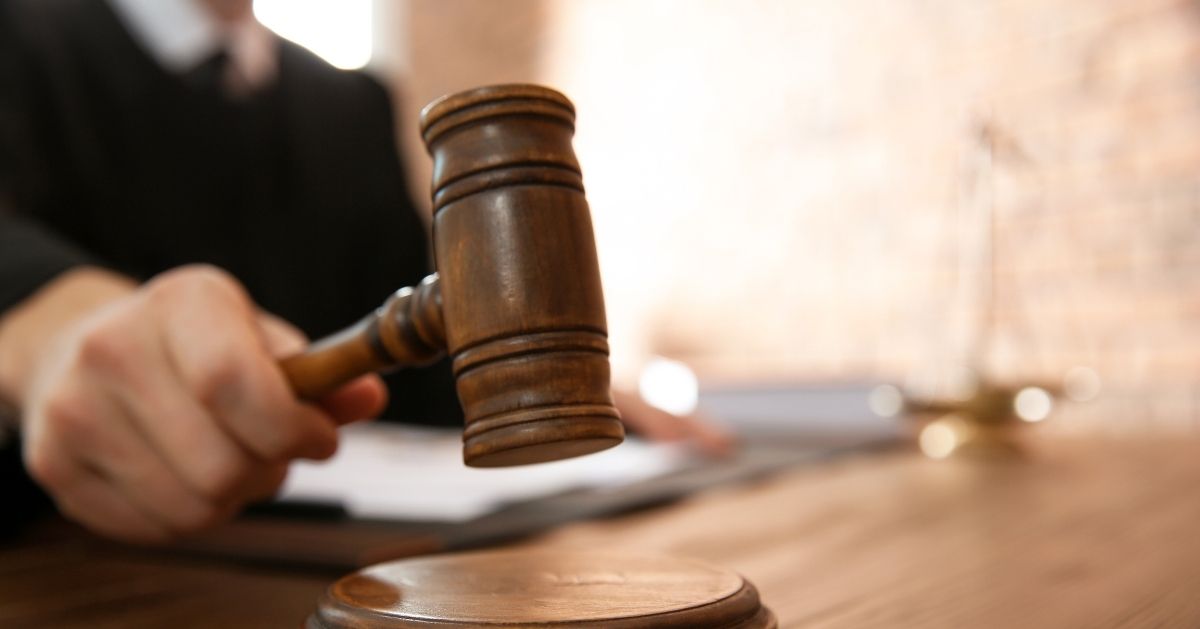Judge Cannon agrees to strike 'legally unnecessary' uncharged allegation from Trump's classified documents indictment
Former President Donald Trump has made multiple attempts to have Special Counsel Jack Smith's classified documents indictment dismissed, or at the very least to have some of charges dropped or the scope of the prosecution narrowed.
Trump won an important if relatively minor victory in that regard on Monday, as presiding Judge Aileen Cannon agreed to strike from the indictment a paragraph alleging an uncharged crime that the defense viewed as "unnecessary" and "prejudicial," according to Fox News.
However, the judge more broadly denied a motion from Trump's attorneys to dismiss roughly half a dozen of the more than 40 criminal charges that stemmed from the former president's alleged unauthorized retention of classified documents after leaving the White House and obstruction of federal efforts to recover them.
Motion to dismiss denied
In a 14-page order on Monday, Judge Cannon denied former President Trump's motion to dismiss certain charges due to "pleading deficiencies" and both denied and granted in part related requests to strike certain portions of the indictment from the record.
Cannon wrote, "Upon full review, Defendants’ Motion is DENIED for this overall reason: the identified deficiencies, even if generating some arguable confusion, are either permitted by law, raise evidentiary challenges not appropriate for disposition at this juncture, and/or do not require dismissal even if technically deficient, so long as the jury is instructed appropriately and presented with adequate verdict forms as to each Defendants’ alleged conduct."
As for the requests for certain portions of the indictment to be struck, the judge denied most but granted one "as to the improperly contained uncharged offense allegations included therein" and reserved judgment on others that pertained to "potentially privileged information."
Portion of the indictment struck
With regard to the motions to strike portions of the indictment, Judge Cannon pointed to Federal Rule of Criminal Procedures Rule 7(c)(1), which states that indictments "must be a plain, concise, and definite written statement of the essential facts constituting the offense charged," as well as Rule 7(d), which says, "Upon the defendant's motion, the court may strike surplusage from the indictment or information."
She proceeded to call out Special Counsel Smith for his "speaking indictment" against former President Trump that was not "plain" or "concise" but rather consisted of a lengthy "narrative" of opinion interwoven with fact that included "various nonessential allegations" of uncharged criminal acts.
While Cannon agreed that there was plenty of "legally unnecessary" language in the indictment, she declined to strike most of it, "at least not at this stage," with one particular exception, a paragraph that she determined was "not appropriate" for inclusion in the charging document.
Without getting into the specifics of that particular paragraph, the judge nonetheless cited Rule 404(b), the first part of which prohibits the inclusion of uncharged "evidence of any other crime, wrong, or act" solely to "prove a person's character -- though the second part of that rule provides an exception if the uncharged allegations can be used for "proving motive, opportunity, intent, preparation, plan, knowledge, identity, absence of mistake, or lack of accident."
Uncharged allegation about Trump displaying a classified map to an ally
According to The New York Times, the paragraph in the indictment that was struck by Judge Cannon dealt with an alleged meeting in 2021 at former President Trump's Bedminster resort in New Jersey with political ally Susie Wiles, who is now a senior adviser to his re-election campaign.
During that meeting, Trump was alleged by prosecutors to have sharply criticized President Joe Biden's mishandling of the Afghanistan War and purportedly showed Wiles a classified military map of the embattled country while making his point.
Prosecutors asserted that the alleged incident was included in the indictment because Wiles lacked a security clearance or "need-to-know" to view the classified map, while Trump's attorneys argued that it was "extraneous and irrelevant" and potentially prejudicial to a jury since Trump was not charged with "improperly transmitting classified material to other people."
Yet, The Times observed that even in striking that uncharged allegation from the indictment, the judge left open the possibility that prosecutors could still include it as evidence at trial, if they went through the proper motions and received her approval over the likely objections of the defense.


